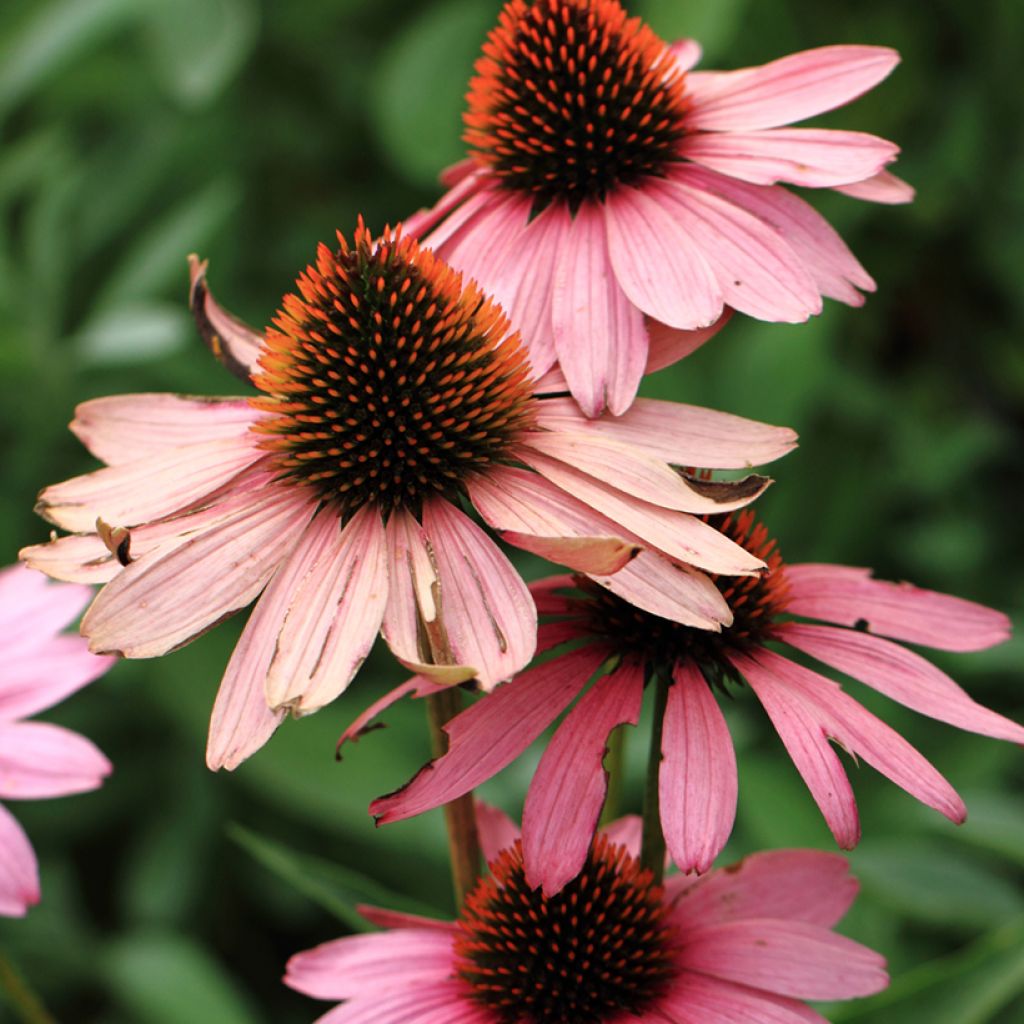

Echinacea purpurea Magnus Seeds - Purple Coneflower
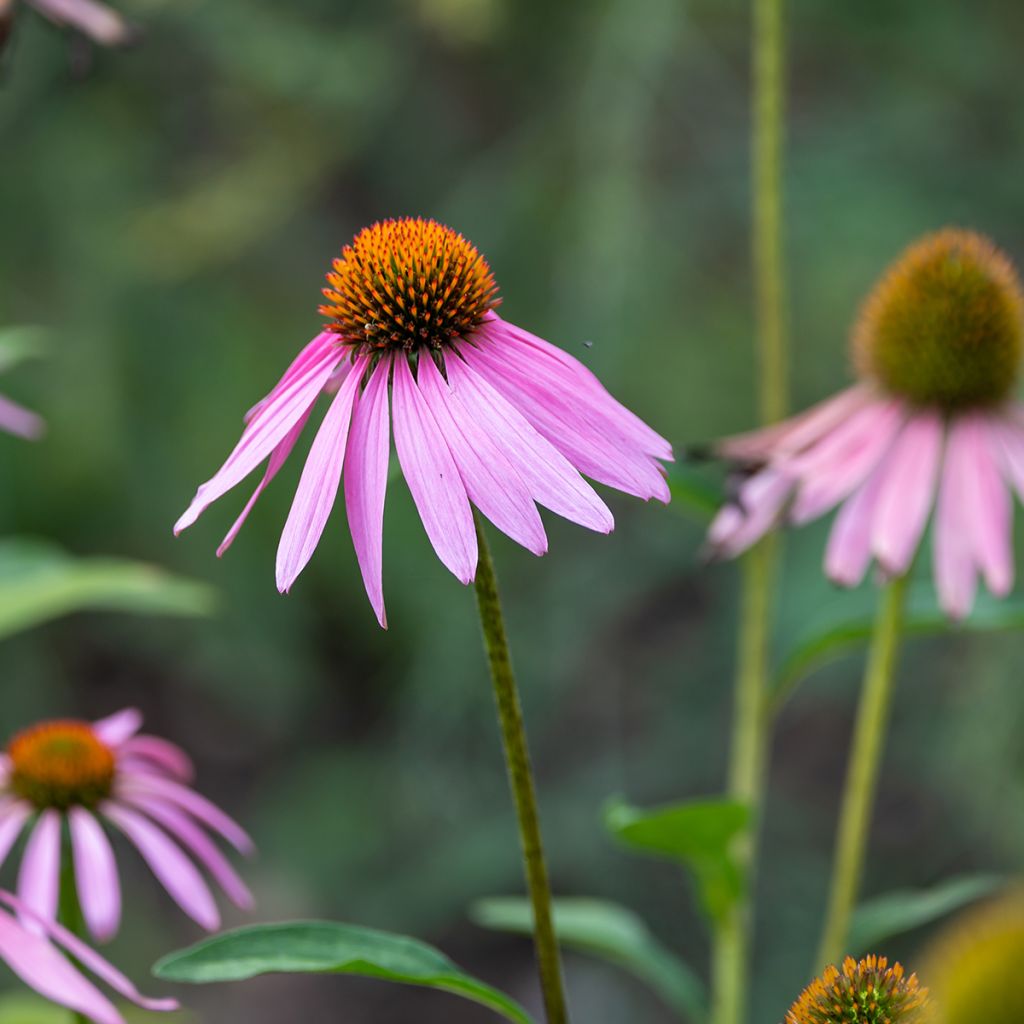

Echinacea purpurea Magnus Seeds - Purple Coneflower
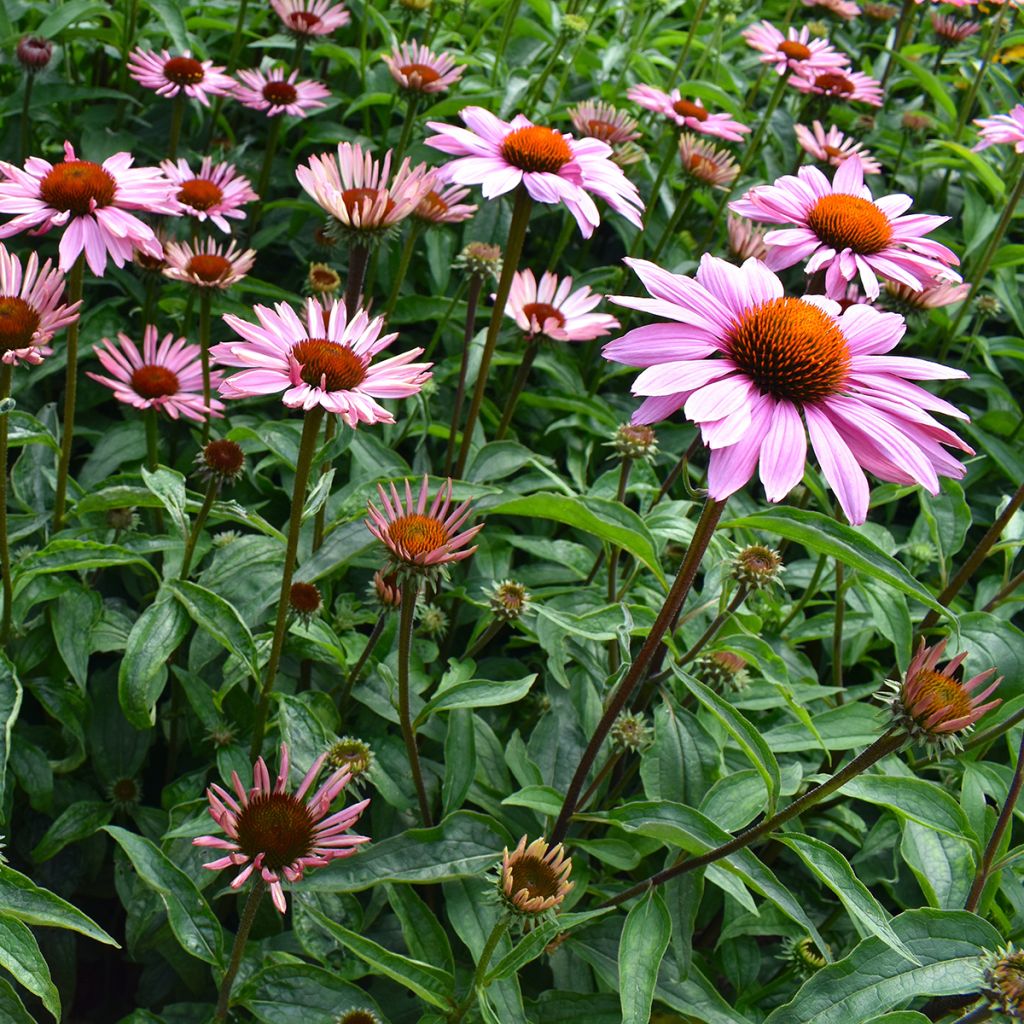

Echinacea purpurea Magnus Seeds - Purple Coneflower
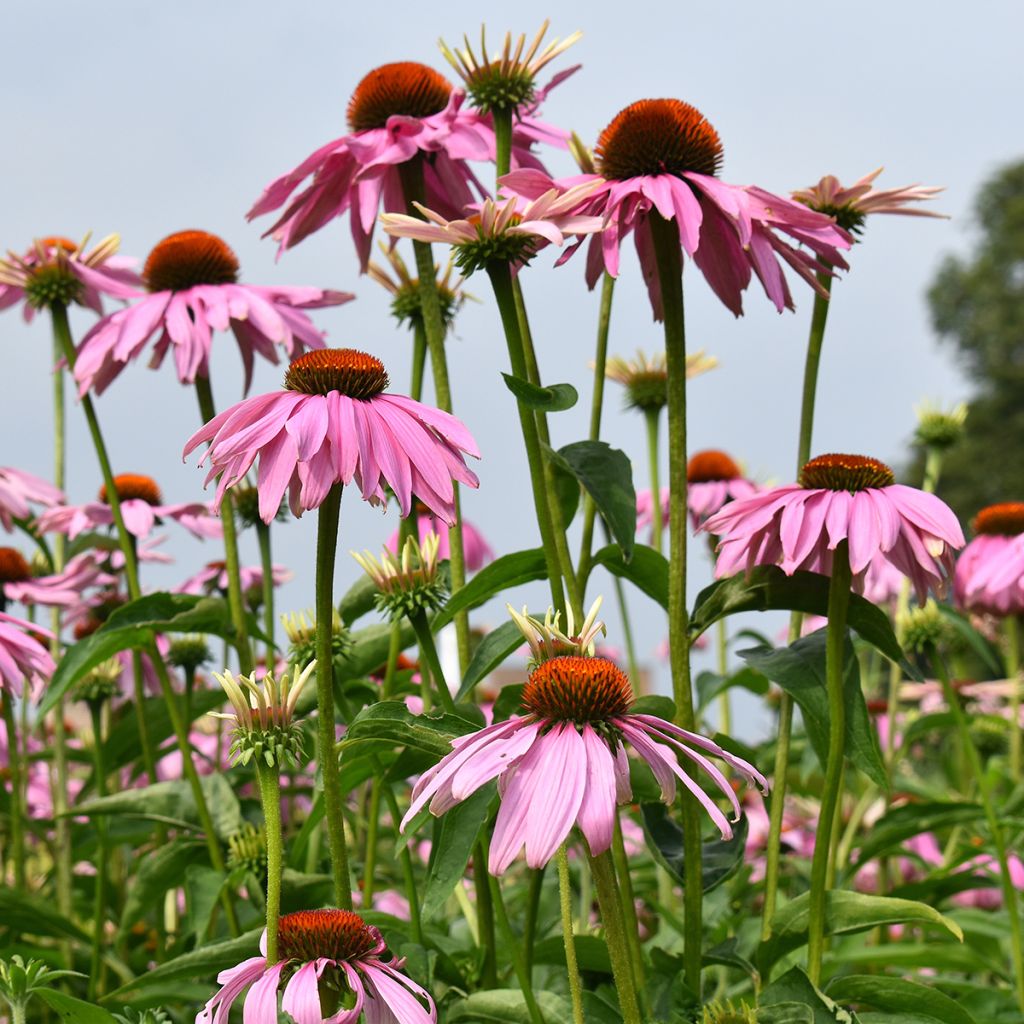

Echinacea purpurea Magnus Seeds - Purple Coneflower
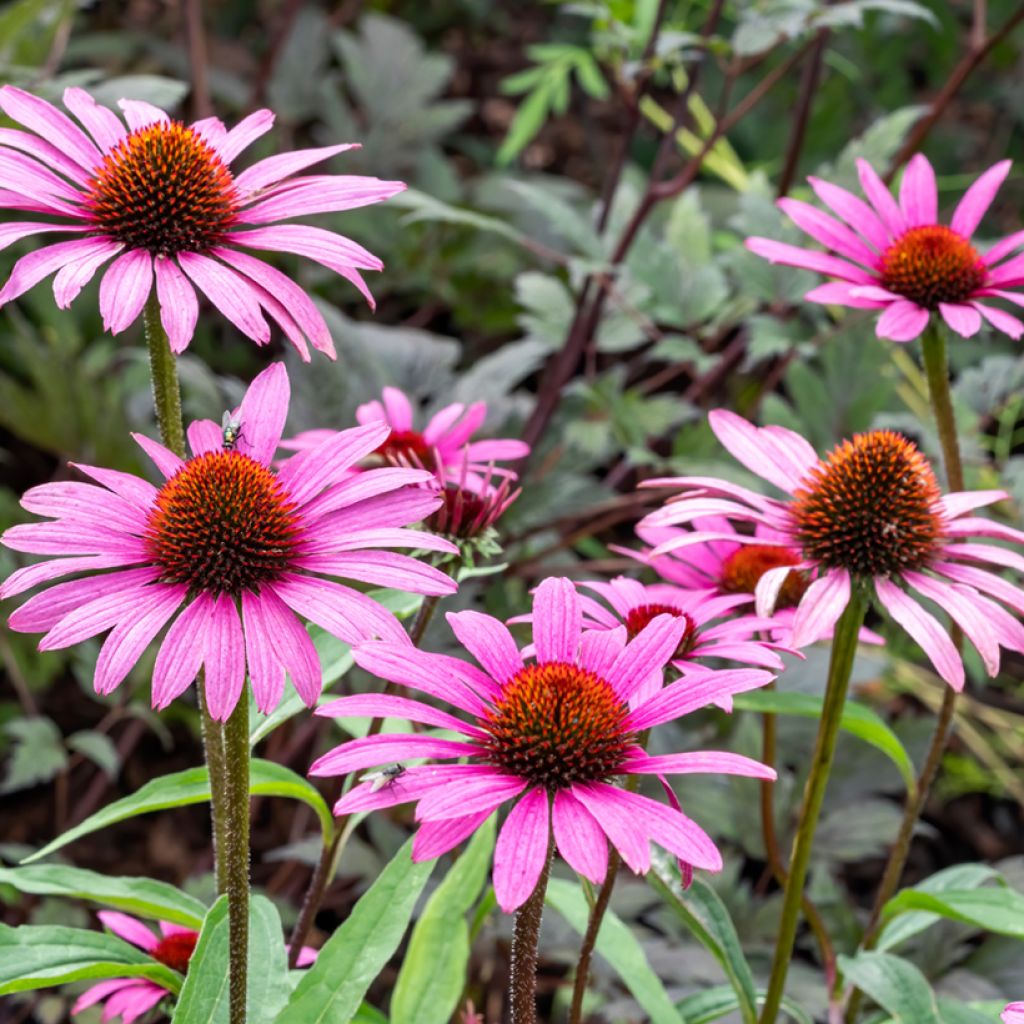

Echinacea purpurea Magnus Seeds - Purple Coneflower
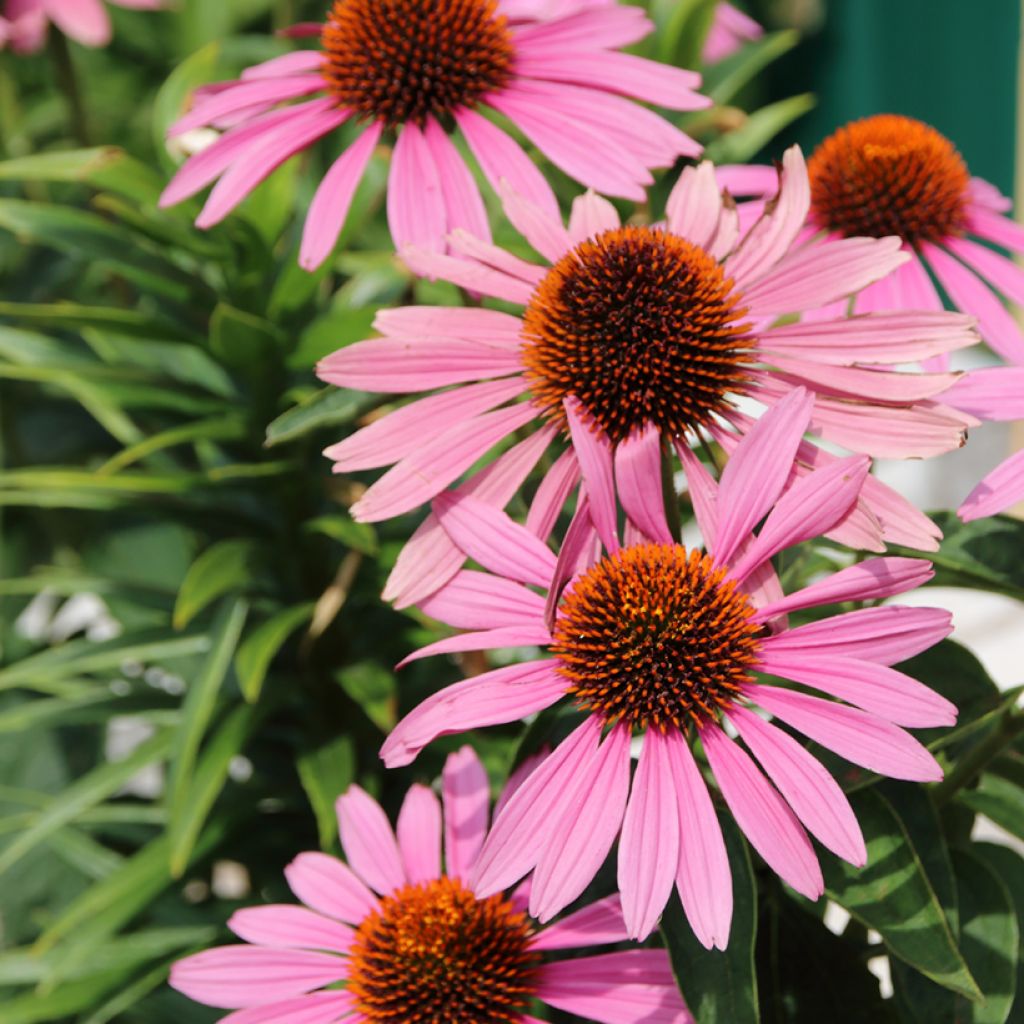

Echinacea purpurea Magnus Seeds - Purple Coneflower
Echinacea purpurea Magnus Seeds - Purple Coneflower
Echinacea purpurea Magnus
Purple Coneflower, Eastern Purple Coneflower
did not germinate despite following the instructions
Olivia, 23/06/2025
Special offer!
Receive a €20 voucher for any order over €90 (excluding delivery costs, credit notes, and plastic-free options)!
1- Add your favorite plants to your cart.
2- Once you have reached €90, confirm your order (you can even choose the delivery date!).
3- As soon as your order is shipped, you will receive an email containing your voucher code, valid for 3 months (90 days).
Your voucher is unique and can only be used once, for any order with a minimum value of €20, excluding delivery costs.
Can be combined with other current offers, non-divisible and non-refundable.
Home or relay delivery (depending on size and destination)
Schedule delivery date,
and select date in basket
This plant carries a 6 months recovery warranty
More information
We guarantee the quality of our plants for a full growing cycle, and will replace at our expense any plant that fails to recover under normal climatic and planting conditions.
Would this plant suit my garden?
Set up your Plantfit profile →
Description
Echinacea purpurea or Purple Coneflower 'Magnus' is a popular, award-winning selection that features exceptionally wide, bright pink blooms with almost horizontal ray petals on strong, erect stems. Each long-lasting flower head displays the trademark reddish-brown cone-shaped centres. This beautiful perennial flowers prolifically from July to September, attracting butterflies by the dozen. Excellent for perennial beds and borders, fresh or dried flower arrangements, it is particularly cold hardy and adapts well to difficult growing conditions. It tolerates the occasional dry spell, intense heat or frost, humidity and poor soil. Reliable and easy to grow from seed in ordinary garden soil.
Echinacea purpurea, also known as Rudbeckia purpurea, is a hardy perennial native to the western United States, from Georgia to Michigan via Oklahoma and Ohio. It occurs naturally in stony meadows, open woods, and on the edges of forests and embankments. This fearsome pioneer is firmly and deeply anchored to the soil with a long taproot. It has a dense and erect habit, rapidly forming 1 m tall clumps with a spread of about 40 cm. The deciduous, opposite, lanceolate, green leaves are bristling with coarse hairs. From July to the end of summer, it features fragrant blooms that are coveted by butterflies and beneficial insects. The branched, reddish-green stems end in a large, 8-10 cm solitary flower head with a prominent, cone-shaped disc of tiny, reddish brown flowers surrounded by almost horizontal bright pink ray flowers. The outer collar is composed of slightly drooping purplish-pink ligules. They are followed by seed heads (achene) are a valuable food source to wild birds.
Purple Coneflower's colourful blooms are a joy to behold on foggy autumn days. They can be used in borders and perennial beds alongside other pink flowering plants that contrast in shape (Salvia macrophylla, dwarf Gladioli, daylilies, carnations) or in the company of inulas, asters, yarrow, daisies, globe thistle or phlox. Lighten the scene by mixing in a few ornamental grasses such as Stipa tenuifolia or Muhlenbergia capillaris. Echinaceae purpurea is an excellent cut flower, suitable for both fresh or dried flower arrangements.
Good to know: Echinaceae roots are traditionally used to boost the immune system, helping ward off colds and flus during the winter months. The name Echinacea comes from the Greek word echinos meaning "spiny" or "hedgehog-like", referring to the prickly cone-shaped centres of the flowerheads.
Report an error about the product description
Echinacea purpurea Magnus Seeds - Purple Coneflower in pictures




Flowering
Foliage
Plant habit
Botanical data
Echinacea
purpurea
Magnus
Asteraceae
Purple Coneflower, Eastern Purple Coneflower
Cultivar or hybrid
Planting and care
Sow indoors in early spring, from March to May, in good quality sowing mix or compost. Bury the seeds about 1.5 cm deep and keep at a temperature of 20-25°C. Germination takes 7 to 21 days. When the plants are strong enough to handle, transplant them into pots and move them to a cooler, lighter place for 10-15 days. When all risk of frost is over, plant them out in a sunny location in well-drained soil. Make sure to leave about 30 cm between each plant. It is also possible to direct sow your Alpine aster seeds outdoors, in May-June, in loose, well-prepared soil. Choose a sunny spot. When the seedlings appear, thin them out, leaving one plant every 30-40 cm.
Echinacea purple is rather slow-growing, however, once established it is very low-maintenance and resistant to pests and diseases. It is best planted in the spring, in full sun, in a mixture of sowing mix and deep garden soil. Deadhead spent flowers regularly and divide the clump when the blossoms die down. Older plants are more susceptible to aphid attacks and powdery mildew. Mulch in May to keep the soil cool and moist throughout the summer, especially during the flowering period.
Sowing period
Intended location
-
, onOrder confirmed
Reply from on Promesse de fleurs
Haven't found what you were looking for?
Hardiness is the lowest winter temperature a plant can endure without suffering serious damage or even dying. However, hardiness is affected by location (a sheltered area, such as a patio), protection (winter cover) and soil type (hardiness is improved by well-drained soil).

Photo Sharing Terms & Conditions
In order to encourage gardeners to interact and share their experiences, Promesse de fleurs offers various media enabling content to be uploaded onto its Site - in particular via the ‘Photo sharing’ module.
The User agrees to refrain from:
- Posting any content that is illegal, prejudicial, insulting, racist, inciteful to hatred, revisionist, contrary to public decency, that infringes on privacy or on the privacy rights of third parties, in particular the publicity rights of persons and goods, intellectual property rights, or the right to privacy.
- Submitting content on behalf of a third party;
- Impersonate the identity of a third party and/or publish any personal information about a third party;
In general, the User undertakes to refrain from any unethical behaviour.
All Content (in particular text, comments, files, images, photos, videos, creative works, etc.), which may be subject to property or intellectual property rights, image or other private rights, shall remain the property of the User, subject to the limited rights granted by the terms of the licence granted by Promesse de fleurs as stated below. Users are at liberty to publish or not to publish such Content on the Site, notably via the ‘Photo Sharing’ facility, and accept that this Content shall be made public and freely accessible, notably on the Internet.
Users further acknowledge, undertake to have ,and guarantee that they hold all necessary rights and permissions to publish such material on the Site, in particular with regard to the legislation in force pertaining to any privacy, property, intellectual property, image, or contractual rights, or rights of any other nature. By publishing such Content on the Site, Users acknowledge accepting full liability as publishers of the Content within the meaning of the law, and grant Promesse de fleurs, free of charge, an inclusive, worldwide licence for the said Content for the entire duration of its publication, including all reproduction, representation, up/downloading, displaying, performing, transmission, and storage rights.
Users also grant permission for their name to be linked to the Content and accept that this link may not always be made available.
By engaging in posting material, Users consent to their Content becoming automatically accessible on the Internet, in particular on other sites and/or blogs and/or web pages of the Promesse de fleurs site, including in particular social pages and the Promesse de fleurs catalogue.
Users may secure the removal of entrusted content free of charge by issuing a simple request via our contact form.
The flowering period indicated on our website applies to countries and regions located in USDA zone 8 (France, the United Kingdom, Ireland, the Netherlands, etc.)
It will vary according to where you live:
- In zones 9 to 10 (Italy, Spain, Greece, etc.), flowering will occur about 2 to 4 weeks earlier.
- In zones 6 to 7 (Germany, Poland, Slovenia, and lower mountainous regions), flowering will be delayed by 2 to 3 weeks.
- In zone 5 (Central Europe, Scandinavia), blooming will be delayed by 3 to 5 weeks.
In temperate climates, pruning of spring-flowering shrubs (forsythia, spireas, etc.) should be done just after flowering.
Pruning of summer-flowering shrubs (Indian Lilac, Perovskia, etc.) can be done in winter or spring.
In cold regions as well as with frost-sensitive plants, avoid pruning too early when severe frosts may still occur.
The planting period indicated on our website applies to countries and regions located in USDA zone 8 (France, United Kingdom, Ireland, Netherlands).
It will vary according to where you live:
- In Mediterranean zones (Marseille, Madrid, Milan, etc.), autumn and winter are the best planting periods.
- In continental zones (Strasbourg, Munich, Vienna, etc.), delay planting by 2 to 3 weeks in spring and bring it forward by 2 to 4 weeks in autumn.
- In mountainous regions (the Alps, Pyrenees, Carpathians, etc.), it is best to plant in late spring (May-June) or late summer (August-September).
The harvesting period indicated on our website applies to countries and regions in USDA zone 8 (France, England, Ireland, the Netherlands).
In colder areas (Scandinavia, Poland, Austria...) fruit and vegetable harvests are likely to be delayed by 3-4 weeks.
In warmer areas (Italy, Spain, Greece, etc.), harvesting will probably take place earlier, depending on weather conditions.
The sowing periods indicated on our website apply to countries and regions within USDA Zone 8 (France, UK, Ireland, Netherlands).
In colder areas (Scandinavia, Poland, Austria...), delay any outdoor sowing by 3-4 weeks, or sow under glass.
In warmer climes (Italy, Spain, Greece, etc.), bring outdoor sowing forward by a few weeks.































